
May 24 , 2025
By Kidist Yidnekachew
Reliable information about the recent strike by health professionals in Ethiopia has proven elusive. The public discourse is muddied by sensationalism, bias, and deafening silences. Online, a stream of videos shows deserted hospitals, while an increasing number of doctors speak out, visibly exhausted and disappointed. Their frustration is palpable. Few professions demand as much as medicine; years of grueling education followed by daily confrontation with suffering and death. The burdens of the profession are carried quietly and, often, without thanks.
Yet, the conversation rarely moves toward meaningful solutions. A salary increment should not be a radical proposition. At the very least, targeted interventions such as subsidised housing, food allowances, or transportation support could ease the immense strain faced by health workers. These ideas are neither utopian nor extravagant; they are simple acknowledgments of the value of labor that saves lives.
The issue, however, stretches far beyond doctors. Across the country, highly educated professionals, from engineers to academics, find themselves earning less than a single appearance in a television advertisement. Drivers or janitors employed by NGOs or embassies often make more than licensed practitioners. There is nothing inherently unjust about blue-collar workers earning a dignified wage. The injustice lies in a system that undervalues intellectual labor while fetishizing spectacle.
If this pattern persists, society risks intellectual stagnation. Young people will flock to TikTok and live-streaming games, chasing thousands of dollars for silly stunts, rather than dedicating a decade to their studies only to struggle with rent. The consequences of such a shift will be deeply corrosive.
But there is another path. Imagine Ethiopia investing heavily in its healthcare system, offering its doctors world-class training and compensation that reflects their expertise. International hospitals could become hubs for regional medical tourism, attracting patients from across the continent. It is not far-fetched.
If the country can dream of robots in every household in ten years, then it is easy to envision Ethiopia as a country teeming with highly educated health professionals, specialists, and surgeons who earn in dollars simply for their consultations? Ethiopia possess the potential, and it must be cultivated.
Disturbingly, there are murmurs of foreign doctors being brought in to fill gaps left by striking professionals. The cost of such a policy, flights, accommodation, translators could rival the investment needed to pay local doctors fairly. Worse still, the language barriers pose a real threat to patient safety. There are translators who are not even proficient in the languages they claim to be experts in. Misinterpretation in a clinical setting can be fatal.
And even without linguistic hurdles, Ethiopia’s health sector is no stranger to human error; misdiagnoses, surgical accidents, and equipment left inside patients have all made headlines. One such story prompted an angry email from a doctor who accused me of disrespect. Yet that story was rooted in a devastating personal experience: a botched surgery that left a family member with a permanently damaged hand. The point was never to vilify doctors, but to spotlight a system stretched to its breaking point.
Depoliticizing this moment is crucial. The conversation must return to core concerns: dignity, fairness, and public health. A blanket condemnation of the strike, or punitive crackdowns on professionals, will solve nothing. That only deepens resentment. And while abandoning patients in protest is ethically fraught, so too is ignoring the root causes that drive professionals to such extremes.
There must be space for negotiation. Constructive dialogue, between the government, professional associations, and civil society, is the only viable path forward. This should not be a power struggle; the ball is already in the government's court. A government, much like a parent, should scold citizens when they err, yet simultaneously extend a protective arm.
Politics is rarely straightforward. But some truths are simple. When those entrusted with saving lives feel unseen, unheard, and unvalued, the entire country suffers. Addressing that reality with empathy and clarity might be the first step toward real healing.
PUBLISHED ON
May 24,2025 [ VOL
26 , NO
1308]


Fortune News | Oct 30,2022

Radar | Aug 31,2019
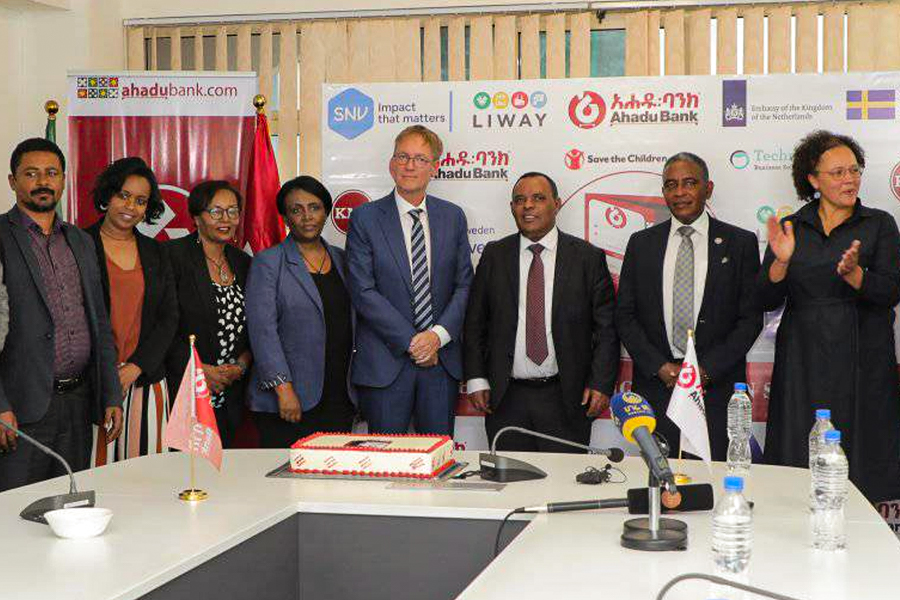
Radar | Oct 12,2024

Commentaries | Sep 10,2023

Delicate Number | Sep 28,2024
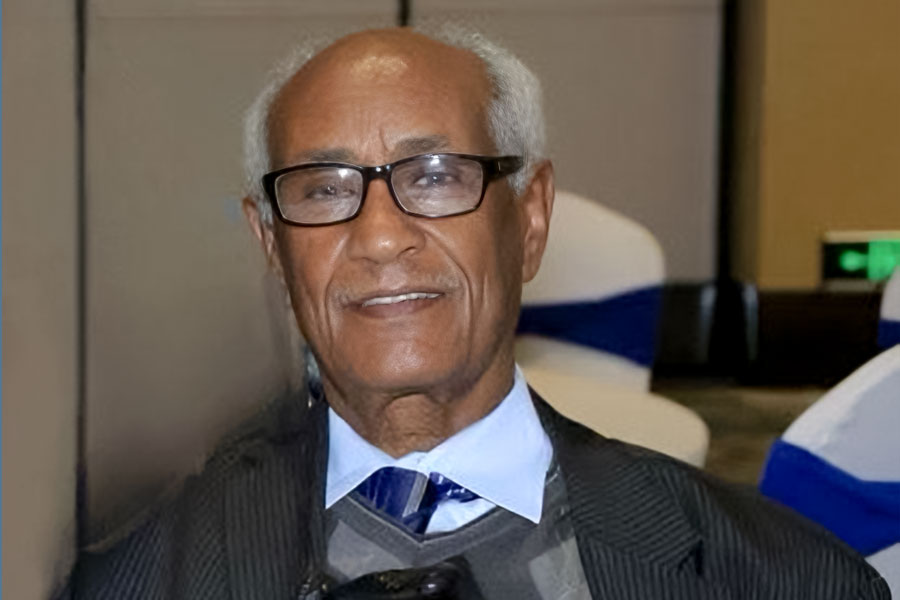
Obituary | Feb 10,2024

Radar | Nov 21,2018

Fortune News | Nov 20,2023

Fortune News | Feb 03,2024
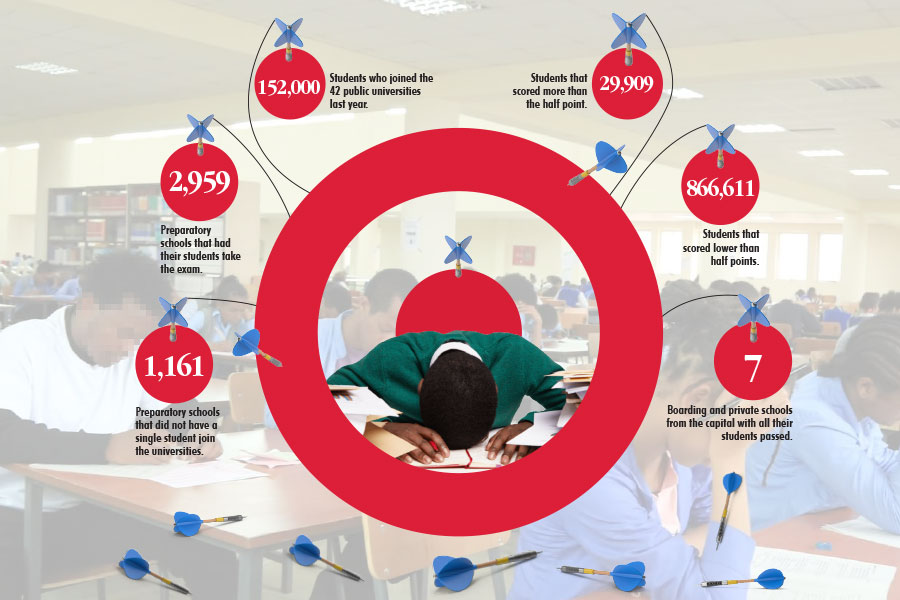
Fortune News | Feb 04,2023

Photo Gallery | 166563 Views | May 06,2019

Photo Gallery | 156814 Views | Apr 26,2019

Photo Gallery | 146028 Views | Oct 06,2021

My Opinion | 135917 Views | Aug 14,2021

Dec 22 , 2024 . By TIZITA SHEWAFERAW
Charged with transforming colossal state-owned enterprises into modern and competitiv...

Aug 18 , 2024 . By AKSAH ITALO
Although predictable Yonas Zerihun's job in the ride-hailing service is not immune to...

Jul 28 , 2024 . By TIZITA SHEWAFERAW
Unhabitual, perhaps too many, Samuel Gebreyohannes, 38, used to occasionally enjoy a couple of beers at breakfast. However, he recently swit...

Jul 13 , 2024 . By AKSAH ITALO
Investors who rely on tractors, trucks, and field vehicles for commuting, transporting commodities, and f...

Sep 27 , 2025
Four years into an experiment with “shock therapy” in education, the national moo...

Sep 20 , 2025
Getachew Reda's return to the national stage was always going to stir attention. Once...

Sep 13 , 2025
At its launch in Nairobi two years ago, the Africa Climate Summit was billed as the f...

Sep 6 , 2025
The dawn of a new year is more than a simple turning of the calendar. It is a moment...
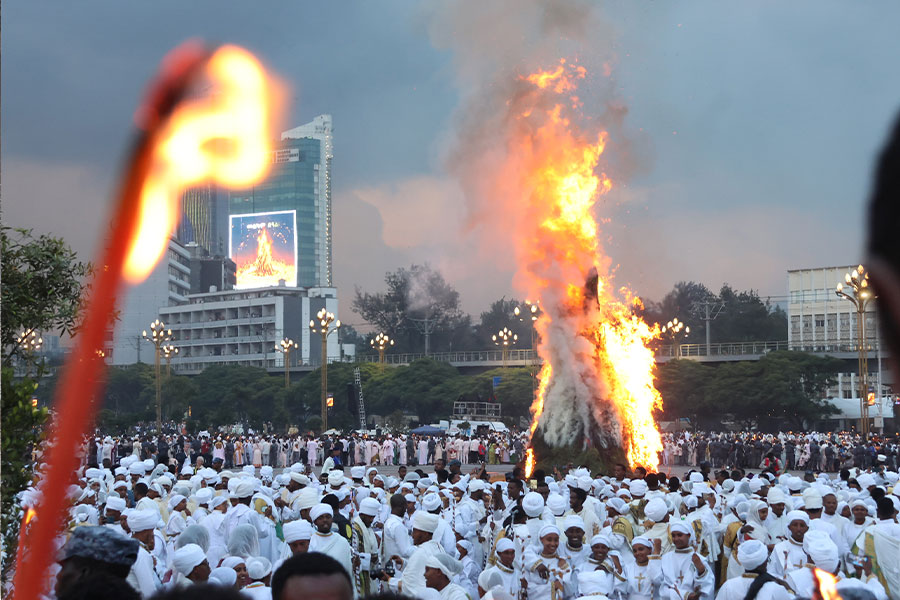
Sep 27 , 2025
Meskel Square turned into a rolling wave of colour and sound on Friday, September 26, 2025, as thousands pressed toward the annual bonfire c...
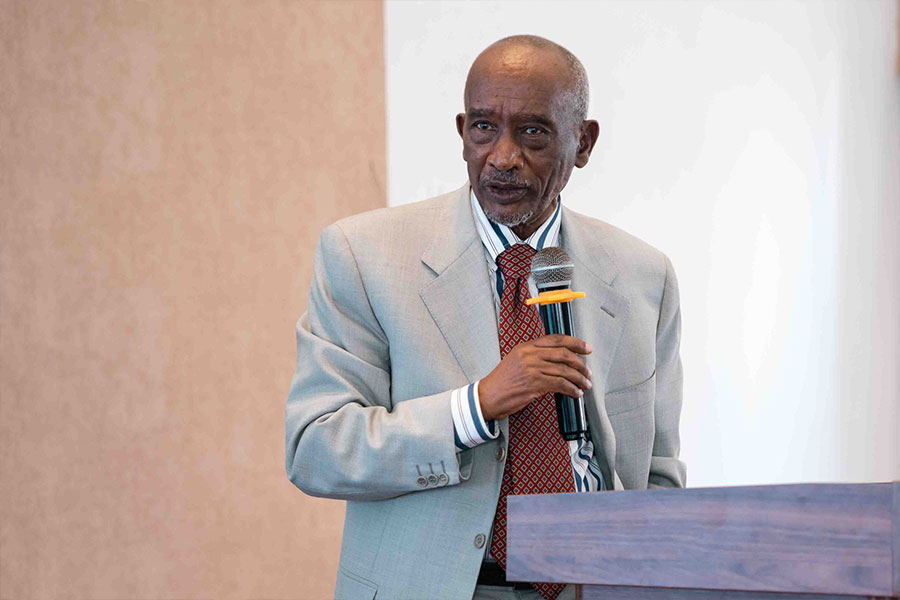
Sep 27 , 2025 . By YITBAREK GETACHEW
Unity University has increased tuition fees sharply, jolting students and families alike, drawing critici...
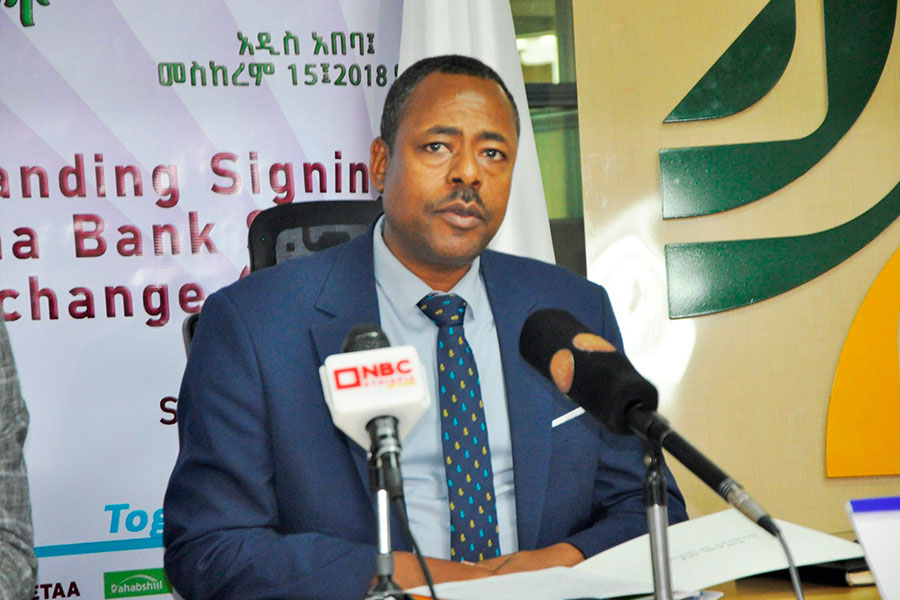
Sep 27 , 2025 . By BEZAWIT HULUAGER
Seventeen years after its inception as a flagship market reform for agricultural modernisation, the Ethio...

Sep 27 , 2025 . By BEZAWIT HULUAGER
The elevator industry is bracing for sweeping reforms as construction regulators are to impose the first...